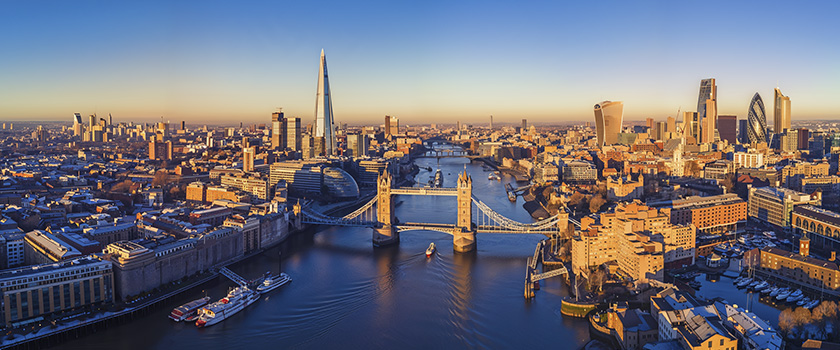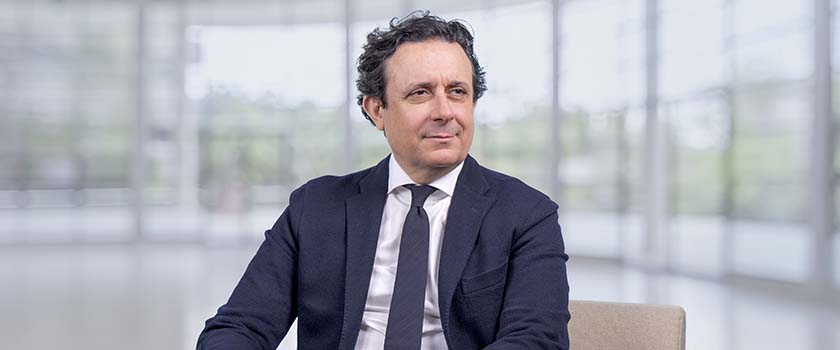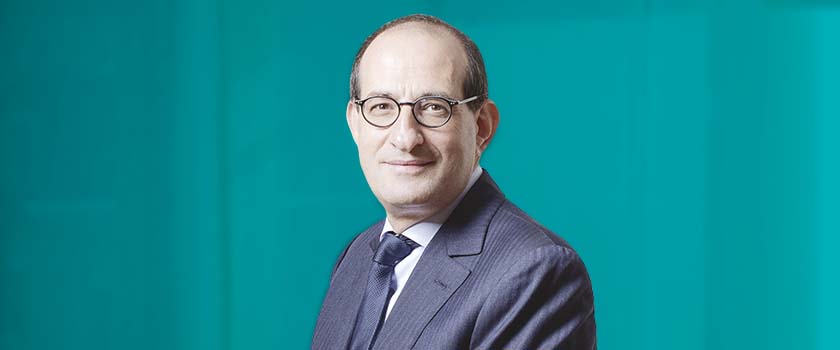From 2-5 October, Building Bridges, co-hosted by Sustainable Finance Geneva (SFG) and Swiss Sustainable Finance (SSF), attracted a record-breaking 2600 participants from banks, insurance companies, big corporations, governments, international organisations, NGOs and academia for more than 70 plenaries, discussions, and workshops.
Seen as Switzerland’s leading sustainable finance event, this annual conference aims to build momentum, support, and collaboration for transforming the financial system into one that helps drive the transition to a net-zero, nature-positive and socially inclusive economy.
Kicking off the summit, Patrick Odier urged participants to scale up the pace and ambition of the transformation.
“Business as usual will not be enough to reach our goals. We need to be brave and bold in taking action. We need to move from the what to the how and from the when to the now.”
Patrick Odier, Chair, Building Bridges and Board of Directors, Lombard Odier
The transition: an economic agenda
The conference made a compelling case for aligning business models and investment decisions with environmental and social objectives, emphasising both the financial risks of continuing the current trajectory and the opportunities in switching gears.
“Financial performance is irrelevant on a dead planet,” said Eva Zabey, CEO, Business for Nature, while Patrick Odier highlighted that “we have a huge opportunity to realise from unlocking the transition.”
Many speakers shared the view that we must move beyond short-term profit maximisation towards longer-term strategies that internalise externalities which will increasingly impact financial returns.
“The cost of inaction will be much worse than the cost of action. The transition simply cannot wait.”
Sigrid Kaag, Deputy Prime Minister and Minister of Finance, Government of the Netherlands
Investing in the transition was a recurring tune throughout the week. Many speakers emphasised the importance of identifying companies with credible commitments and transition plans, especially in high-emitting sectors where the transition can have the biggest impact.
Redesigning policy frameworks
The need for supportive policy frameworks was another central discussion point. In a passionate speech, WTO Director-General Ngozi Okonjo-Iweala highlighted three action areas for the multilateral trading system.
First, adjusting tariff regimes so that tariffs for fossil fuels cease to be lower than those for clean energy. Second, using the power of government procurement for net-zero, nature-positive outcomes. And third, phasing out the USD 1.8 trillion worth of distorting, inefficient and environmentally harmful subsidies in the areas of agriculture and fossil fuels.
Nature at the top of the agenda
Building on the momentum from the adoption of the Global Biodiversity Framework at the end of 2022, nature took centre stage at Building Bridges.
With over half of the world’s GDP dependent on nature, the launch of the Taskforce for Nature-related Financial Disclosures (TNFD) reporting framework was a much-anticipated milestone.
The set of 14 voluntary disclosure recommendations is expected to play an important role in helping investors identify nature-related risks and opportunities through increased disclosure and transparency, and thus to redirect financial flows towards activities that protect and restore nature.
Since nature also plays a critical role in tackling climate change, this new framework, together with the Task Force on Climate-Related Financial Disclosures (TCFD), which has been in place for several years, is set to be central to the global decarbonisation agenda.
“Nature capital is the missing piece in the transition to net zero,” emphasised Michael Baldinger, Chief Sustainability Officer at UBS, during the TNFD launch event, adding that “there is a clear and compelling case to invest in nature.”
Discussing the tools and solutions needed for the transition to a nature-positive economy, Simon Pickard, Chair of the Impact Investment Committee at UBP, called for greater collaboration and openness between all actors as no one has all the answers.
Fixing the food system
An event co-sponsored by UBP, EFG and BNP Paribas discussed the transition of the food system. Accounting for around 30% of global emissions, 70% of freshwater use and up to 80% of tropical deforestation and habitat loss, food sits at the heart of the nature discussion. The food value chain also contributes almost a fifth of global GDP and is the largest source of employment worldwide.
At the same time, the food system relies heavily on a healthy planet. Climate change, soil degradation, water scarcity and loss of biodiversity services impact everyone in the food value chain, requiring a holistic approach that involves all stakeholders and considers the environmental, economic, and social dimensions of the topic.
“We look at the food system across the value chain, including small businesses and large suppliers.”
Victoria Leggett, Head of Impact Investing and Equity Fund Manager, UBP
The panel particularly discussed the importance of engagement as a key piece in the puzzle to drive system change by helping to better understand companies’ transition plans and putting pressure on laggards.
Given the complexity of the topic, it is equally important to facilitate true dialogue between the private sector and experts in this field, emphasised Victoria Leggett, explaining how UBP facilitates such exchange through dedicated workshops.
Watch the session recording here.
Scaling up ambition
Closing the four-day conference, Paul Polman, business leader, climate and equality campaigner, and former CEO of Unilever, called for a mindset and leadership change arguing that “tinkering around the edges” will not be sufficient. “We need to move from responsible businesses to regenerative businesses,” he concluded.

Victoria Leggett
Head of Impact Investing
View her Linkedin profile









